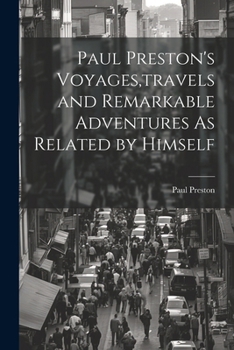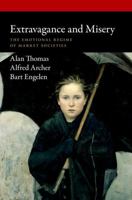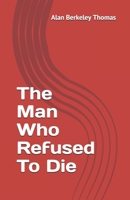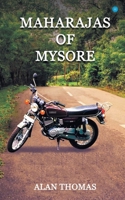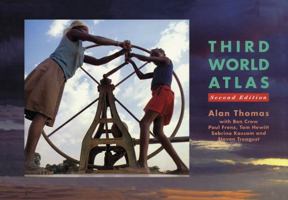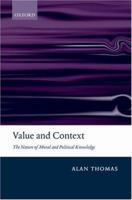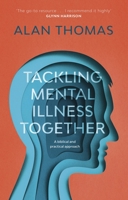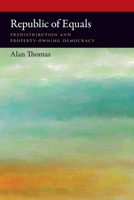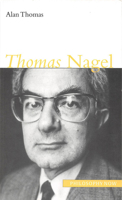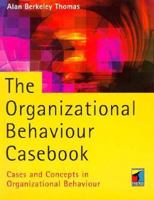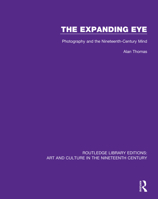Paul Preston's Voyages, travels and Remarkable Adventures As Related by Himself
Select Format
Select Condition 
Book Overview
This book is an account of the travels and adventures of Paul Preston, an American explorer and adventurer who lived in the late nineteenth and early twentieth centuries. In the book, Preston recounts his experiences exploring remote corners of the globe, encountering dangerous animals, and braving harsh weather conditions. The book is an engaging and exciting read for anyone interested in travel and adventure.
This work has been selected by scholars as being culturally important, and is part of the knowledge base of civilization as we know it.
This work is in the "public domain in the United States of America, and possibly other nations. Within the United States, you may freely copy and distribute this work, as no entity (individual or corporate) has a copyright on the body of the work.
Scholars believe, and we concur, that this work is important enough to be preserved, reproduced, and made generally available to the public. We appreciate your support of the preservation process, and thank you for being an important part of keeping this knowledge alive and relevant.










